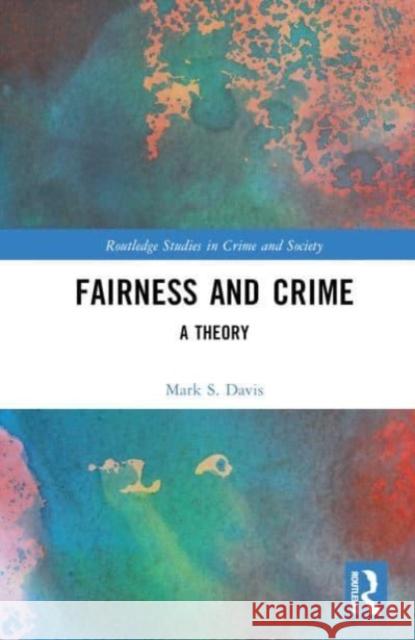FAIRNESS AND CRIME » książka
topmenu
FAIRNESS AND CRIME
ISBN-13: 9780367024727 / Twarda / 2024
FAIRNESS AND CRIME
ISBN-13: 9780367024727 / Twarda / 2024
cena 757,61
(netto: 721,53 VAT: 5%)
Najniższa cena z 30 dni: 690,82
(netto: 721,53 VAT: 5%)
Najniższa cena z 30 dni: 690,82
Termin realizacji zamówienia:
ok. 16-18 dni roboczych.
ok. 16-18 dni roboczych.
Darmowa dostawa!
Fairness and Crime: A Theory provides a platform from which to explore the purposes of the criminal justice system.











